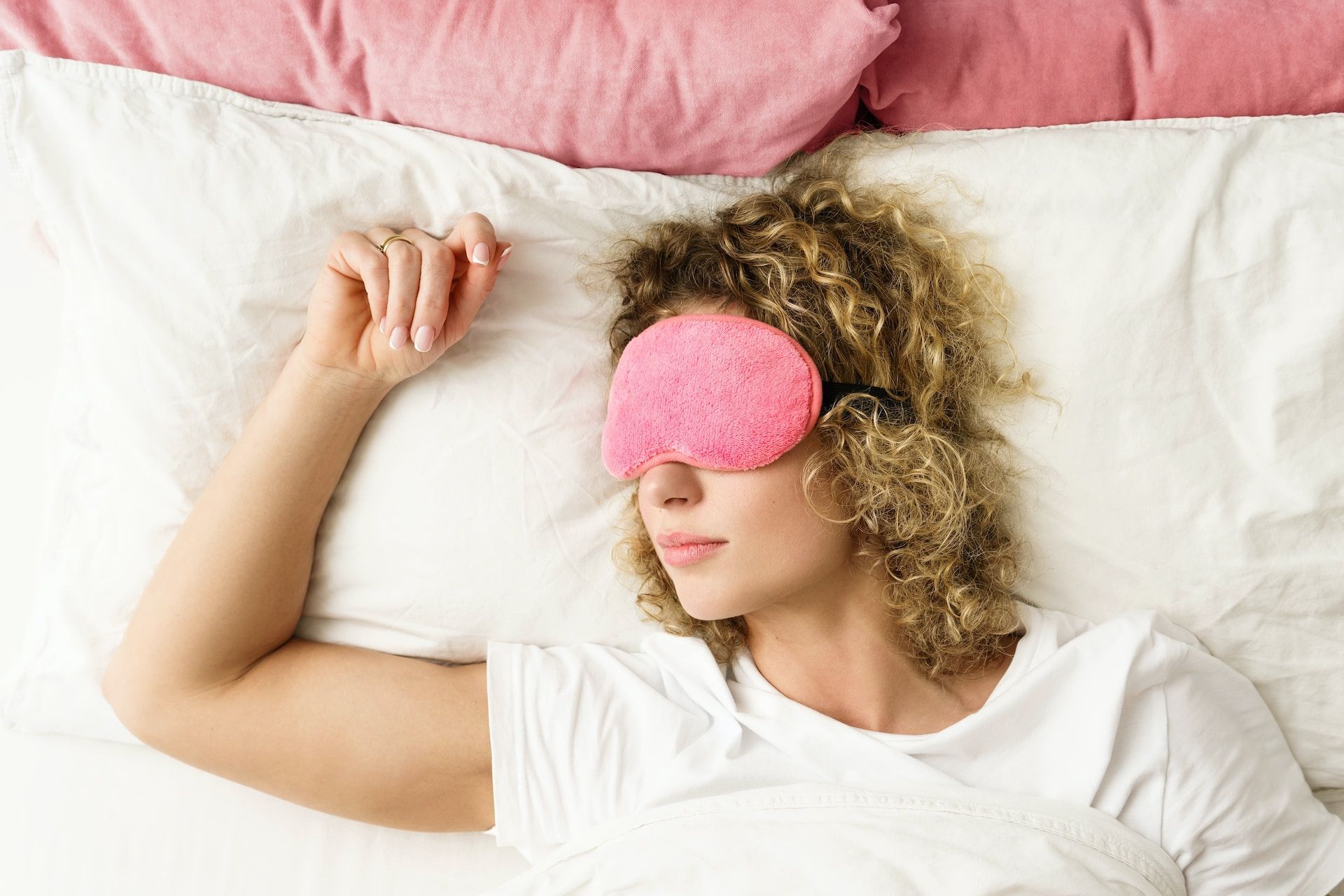Unraveling the Link Between Obstructed Airways and Sleep Disorders: Treatments for Better Sleep

Sleep is essential for our overall well-being and health. However, sleep disorders such as sleep apnea and snoring can significantly impair sleep quality, leading to various health problems and reduced quality of life. Obstructed airways are a common underlying cause of sleep apnea and snoring issues, making it crucial to understand the relationship between airway obstructions and sleep disorders.
Obstructed airways can occur for a variety of reasons. Factors such as obesity, allergies, nasal congestion, or structural issues in the mouth or throat can contribute to airway obstructions. When the airways are obstructed during sleep, it can result in sleep apnea, snoring, or other sleep-related breathing disorders. These sleep issues can have long-lasting effects on health, including daytime fatigue, cognitive difficulties, high blood pressure, and heart problems.
As doctors in dental sleep medicine, we recognize the importance of diagnosing and treating obstructed airways to improve sleep quality and overall health. In Central Pennsylvania, dental sleep medicine professionals are committed to helping patients understand the connection between obstructed airways and sleep disorders and providing effective treatment options tailored to individual needs.
In this article, we'll delve into the relationship between obstructed airways and sleep disorders, examine the common causes of airway obstructions, and explore the role of dental sleep medicine in diagnosing and treating these sleep issues. Gain doctor guidance from dental sleep medicine professionals in Central Pennsylvania and take the first step toward improved sleep and better health.
The Relationship Between Obstructed Airways and Sleep Disorders: Understanding the Connection and Treatment Options
Common Causes of Obstructed Airways
Numerous factors can contribute to the development of obstructed airways during sleep. Understanding these common causes can help patients and dental sleep medicine professionals identify the most effective treatment strategies. Some common causes of obstructed airways include:
1. Anatomical Abnormalities: Structural issues in the mouth or throat, such as an oversized tongue, uvula, or tonsils, can obstruct the airway during sleep.
2. Nasal Congestion: Chronic congestion or swelling caused by allergies or other medical conditions can lead to difficulties in breathing through the nose, resulting in airway obstructions.
3. Obesity: Excess body weight, particularly around the neck, can put pressure on the airway and cause it to collapse or become restricted during sleep.
4. Sleep Position: Certain sleep positions, like sleeping on the back, can cause tissues in the throat to relax and obstruct the airway.
Diagnosing Sleep Disorders Associated with Obstructed Airways
A critical component in addressing sleep disorders related to airway obstructions is obtaining a proper diagnosis. Dental sleep medicine professionals will conduct a comprehensive assessment to diagnose sleep disorders. The diagnostic process may include:
1. Sleep History Assessment: Gathering detailed information about the patient's sleep habits and experiences is essential to diagnose sleep disorders accurately. Patients may be asked to maintain a sleep diary for a more accurate assessment.
2. Physical Examination: Performing a thorough physical examination is crucial for identifying any anatomical abnormalities that may contribute to airway obstructions.
3. Sleep Study: A sleep study, or polysomnography, is often necessary for accurately diagnosing sleep-related breathing disorders like sleep apnea. This test involves monitoring a patient's sleep patterns, breathing, brain activity, and body movements during the night.
Treatment Options for Sleep Disorders Related to Obstructed Airways
Once a dental sleep medicine professional identifies a sleep disorder associated with airway obstructions, they'll develop a personalized treatment plan tailored to the patient's unique needs. Treatment options may include:
1. Continuous Positive Airway Pressure (CPAP) Therapy: CPAP is the gold standard treatment for obstructive sleep apnea. It involves using a machine that delivers pressurized air through a mask to keep the airway open during sleep.
2. Oral Appliance Therapy: This treatment option involves a custom-fitted dental device designed to reposition the lower jaw or tongue, preventing airway collapse during sleep. Oral appliance therapy is effective for patients with mild to moderate sleep apnea and those struggling with CPAP compliance.
3. Lifestyle Modifications: Encouraging weight loss, adopting a regular exercise routine, practicing good sleep hygiene, and avoiding alcohol or sedatives can alleviate obstructed airways and improve sleep quality.
4. Surgical Interventions: In some cases, surgical interventions may be recommended to address obstructed airways. These procedures aim to remove excess tissue, reposition the airway structures, or create an alternative breathing route.
5. Allergy Management: For patients with nasal congestion due to allergies, incorporating appropriate allergy management strategies, such as using nasal corticosteroid sprays, antihistamines, or allergy shots, can help improve airflow and alleviate sleep issues.
The Role of Dental Sleep Medicine Professionals in Managing Obstructed Airways
Dental sleep medicine professionals play a critical role in diagnosing and treating sleep disorders related to airway obstructions. By conducting comprehensive assessments and offering personalized treatment options, dental sleep medicine doctors can help patients address the root causes of their sleep issues, leading to improved sleep quality and overall health.
Tackle Sleep Disorders and Obstructed Airways with Doctor Guidance
Understanding the connection between obstructed airways and sleep disorders is crucial for identifying and effectively treating these sleep issues. Dental sleep medicine professionals are dedicated to helping individuals in Central Pennsylvania uncover the underlying causes of their sleep problems and develop personalized treatment plans for better sleep and improved health.
Don't let sleep disorders associated with obstructed airways hold you back. Schedule a consultation with Pennsylvania Dental Sleep Medicine today to diagnose and treat these sleep issues, leading you on the path to restful, rejuvenating sleep.


